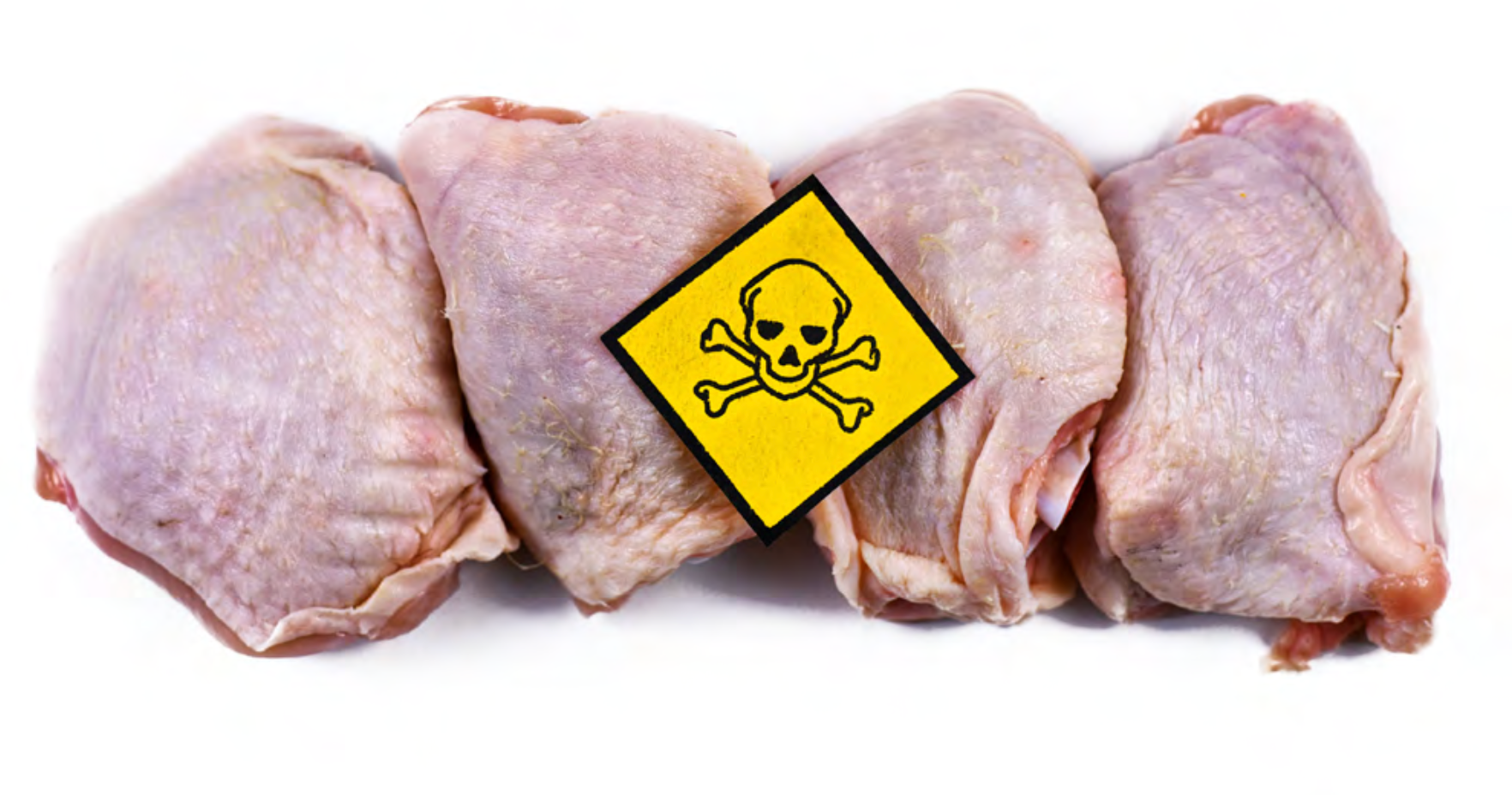A new study estimates that nearly one in five urinary tract infections in Southern California may be caused by E. coli strains transmitted through contaminated meat – and pose a hidden foodborne risk to millions of people not just in California but across the US. The research, published in mBio, also found that people living in low-income neighborhoods are at the greatest risk.
“Urinary tract infections have long been considered a personal health issue, but our findings suggest that they are also a food safety problem,” said Lance B. Price, senior author of the study and professor of environmental and occupational health at the George Washington University.
“This opens up new avenues for prevention, especially for vulnerable communities that bear a disproportionate burden. This is why we should be investing more, not less, in research about the social determinants of health. Your risk of infection should not depend on your ZIP code.” Price is also the founding director of the Antibiotic Resistance Action Center at the GW Milken Institute School of Public Health.
UTIs are among the most common infections worldwide, disproportionately affecting women and the elderly. They cost billions annually in medical care and lost productivity. E. coli, the leading cause of UTIs, is also a common contaminant in raw poultry and meat – but until now, it’s been difficult to estimate how often foodborne strains cause infections in people.
To bridge this gap, researchers at GW and Kaiser Permanente Southern California collected over 5,700 E. coli isolates from patients with UTIs and retail meat samples from the same neighborhoods. They used a new genomic modeling approach to estimate whether each bacterial strain likely originated in humans or animals.
Key Findings:
- 18% of UTIs in the study population were linked to E. coli strains of animal origin, which are known as foodborne UTIs.
- The highest-risk strains were most often found in chicken and turkey.
- People living in low-income areas had a 60% higher risk of foodborne UTIs compared to those in wealthier neighborhoods.
- Women and older men were especially vulnerable.
The authors caution that more research is needed to distinguish foodborne transmission from other possible exposures, improve models that can pinpoint specific meat sources and extend these findings to other regions and infection types. While the study was conducted in Southern California, there is evidence suggesting the problem occurs across the US, Price said.
The researchers plan to refine their host-origin prediction model and apply it to bloodstream infections and other serious E. coli diseases. They are also exploring the development of interventions that might reduce the risk of foodborne infections. Such research can take years but the findings suggest shoppers should take action now.
What Can Consumers Do?
People can protect themselves by practicing safe food handling:
- Buy meat and poultry that is securely sealed to prevent leakage onto other groceries.
- Thoroughly cook all meat and poultry.
- Avoid cross-contamination in the kitchen.
- Wash hands and surfaces after preparing raw meat.
- Advocate for food safety policies that address disparities in retail and community environments.
The study, “Zoonotic Escherichia coli and urinary tract infections in Southern California,” was published in mBio on October 23, 2025.
The research was supported by Wellcome Trust, National Institute of Allergy and Infectious Diseases and the Johns Hopkins Sherrilyn and Ken Fisher Center for Environmental Infectious Disease Discovery Program.
(To sign up for a free subscription to Food Safety News, click here)







